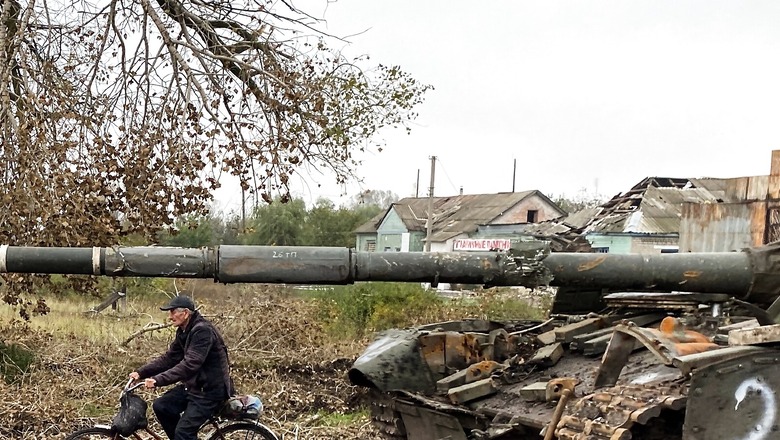
views
Eastern Ukraine’s several regions are likely to experience lasting social divisions as neighbours are up against neighbours in areas recently liberated from Russian control.
In recently liberated towns like Balakliya and Vasylivka, there is distrust among neighbours as some accuse their own town’s citizens of leaking information about pro-Ukrainian citizens who were then allegedly tortured and killed by Russian military.
Ukrainian lawmakers, probe agencies and its military have taken a hawkish stance on ‘collaborators’ – people who helped Russian forces when they captured Ukrainian cities and towns.
This comes despite Ukrainian president promising to treat Ukrainian citizens in once-occupied territories fairly. “Our approach has always been and remains clear and fair: If a person did not serve the occupiers and did not betray Ukraine, then there is no reason to consider such a person a collaborator,” Zelensky was quoted as saying by news agency the New York Times.
A report by the Daily Mail said that Ukrainian law enforcement officials and resistance fighters in recently-liberated town of Balakliya as well as other towns are ‘being tracked down and slaughtered.’
“A hunt has been declared on collaborators and their life is not protected by law. Our intelligence services are eliminating them, shooting them like pigs,” Anton Gerashchenko, an adviser to the interior ministry was quoted as saying by the Daily Mail.
It was also reported that the administration in Kyiv opened investigations into 1,309 suspected traitors and launched 450 prosecutions of collaborators.
Ukrainian lawmakers claim that the Russian ‘occupation’ was a chance for some of these citizens to grab power, money and status.
Russian forces have also rewarded the collaborators with high posts. For example, Natalia Romanychenko, a former actress who sells dumplings and sausages online, who posted photos of her sons dressed in Russian army uniform was nominated to the post of mayor of the town of Vasylivka.
Oleg Kalaida, the jobless former head of security at a chicken farm, found himself elevated to the post of the police chief of the town of Balakliya, after he helped Kremlin authorities.
Earlier in Berdyansk and other occupied territories in self-proclaimed republics of Luhansk and Donetsk, some office-holders also were giving out Russian passports and documents; they too are likely to face the wrath of resistance fighters.
What has angered Ukrainian lawmakers is that these collaborators leaked information about pro-Ukrainians to Russian authorities who then tortured these civilians, resulting in tens of dozens of deaths and cases of maiming and brutal injuries.
Ivan Sushko, a wedding toastmaster appointed mayor of a town in the Zaporizhzhia region, who died in August after his car was blown up is being seen as the handiwork of resistance fighters.
Ukrainian resistance fighters, some of whom allegedly contain members of the Nazi group Azov Battalion, are also accused of atrocities against collaborators and also captured Russian armymen.
Ukraine’s citizens cannot be divided simply on the basis of being Ukrainian or Russian, as both nations have a shared history and most importantly Ukraine was once a part of the Soviet Union.
There are Ukrainian citizens who speak Russian and may have family members in both countries, who also may hold Ukrainian and Russian passports.
“Russian and neo-Soviet nationalism remains influential and popular in the Crimea where neo-Soviet and Russian nationalist publications and groups fan anti-Tatar xenophobia and Ukrainophobia,” British academic Taras Kuzio said showing the differences between eastern and western Ukraine.
Ukrainian nationalism is perceived differently in pro-Russian Ukrainian east and pro-EU, pro-Ukrainian West.
It should be noted that despite claims from both sides – Russia and Ukraine – the reason for the ongoing war is also centered on the question of identity.
Russia has claimed that Russian-speaking citizens and communities have faced discrimination at the hands of Ukrainians and similarly some Ukrainians who have Russian background have been sympathetic to the so-called Russian ‘military operation’.
However, it is the instances like the mass killings of civilians in Izium and Bucha that has led to anger among Ukrainians.
Read the Latest News and Breaking News here











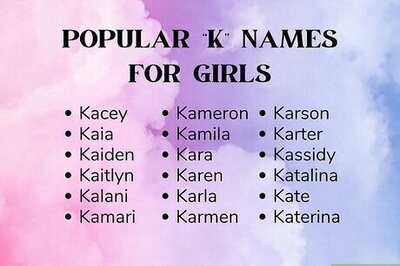
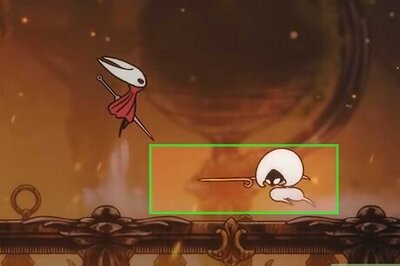
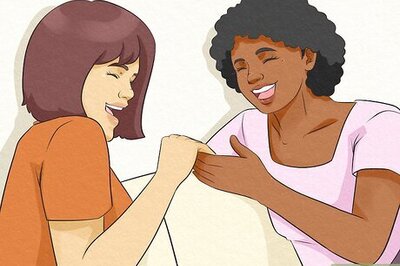

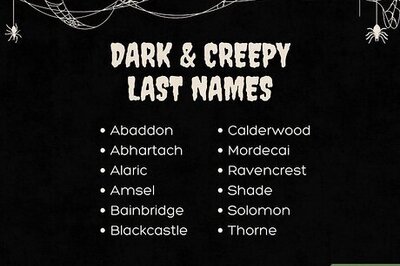



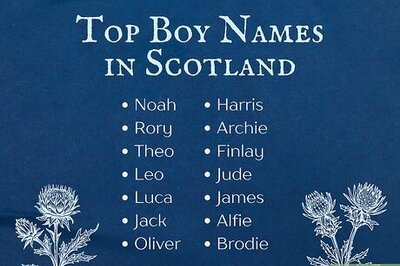
Comments
0 comment